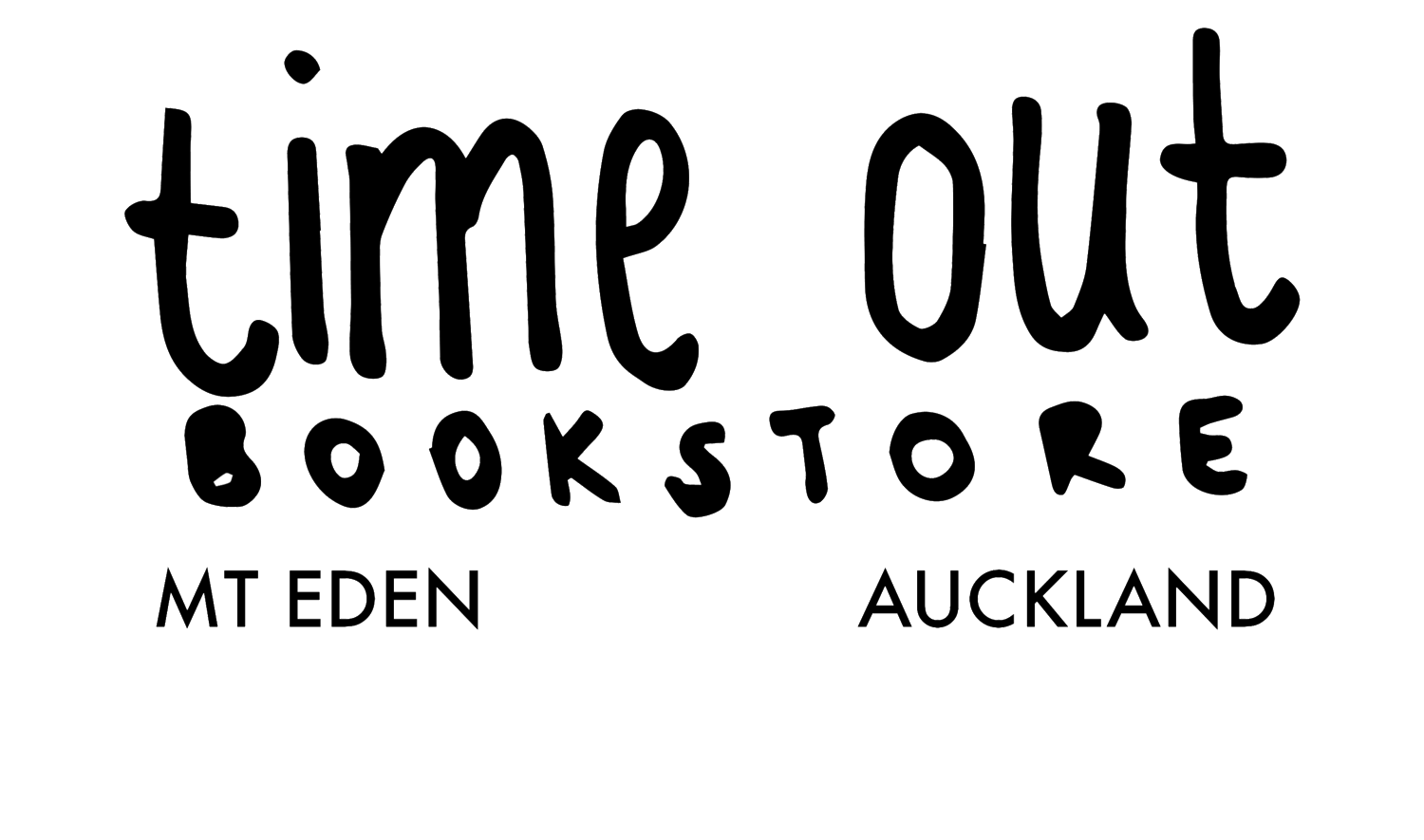David Vann has been shortlisted for the Jann Medlicott Acorn Prize for Fiction at this year’s Ockham New Zealand Book Awards for his novel Halibut on the Moon. Vann took time out from building a 50-foot aluminium sailing trimaran to catch up with Kiran ahead of the awards.
Kia ora, David! Congratulations on being shortlisted for the Jann Medlicott Acorn Prize for Fiction! Halibut on the Moon is a powerful but dark read. It re-visits a theme you have previously examined in your fiction - the suicide of your father Jim. How do you retain a sense of perspective when you are writing about such heavy personal history?
Interesting question, because I guess in fiction we don’t try to retain a sense of perspective. That implies a distance and not being affected, and the point here, in writing or reading Greek tragedy, is to suffer and be broken in order to see.
I was trying to get as close as possible to my father’s despair and final days and trying to forget my own perspective. I was writing without a plan or outline and was often surprised by what the characters did or said or felt.
Tragedy is refreshing because it offers us a descent within a safe space, art, and then we emerge refreshed. But we have to suffer first.
You’ve explored the men in your family from different angles - has this helped you understand them on a deeper level? And what angle are you interested in exploring next?
Writing about my father and grandfathers and uncle has helped me tremendously in understanding them better, understanding our past, and having some context for understanding who I am now. I don’t have a plan at the moment of writing more about my immediate family but instead am writing about our Cherokee heritage, a longer ancestry.
What was the last book that made you laugh, and why?
Less, the Pulitzer prize winning novel by Andrew Sean Greer, made me laugh a lot. The main character is a writer about my age who is seeing his career descend, so it was uncomfortable laughter at times, with too much recognition, but still wonderful fun. Everything he writes about what it’s like to have your career spiral downward in middle age is certainly true.
What was the last book that really moved you, and why?
So many. I’m often moved by books. I’m an easy audience. I cry even in bad movies. Like, The Rock has a nice moment with the ape and I cry.
But the book I’ll never forget for being so beautiful and wrenching is Shadow Child by P.F. Thomese, a Dutch author. It’s only 100 pages but so sad and also illuminating about writing, about making meaning again after it has left.
What has been in your lockdown bookstack?
I’m actually building a 50-foot aluminium sailing trimaran during the lockdown, a couple months in now. So I saw, grind, and weld aluminium all day. My stack has been only various aluminium extrusions and plates. I’m looking forward to finishing within the next six weeks and getting back to reading and writing.
What book is your comfort read/re-read?
I’ve read Cormac McCarthy’s Blood Meridian six times now in full, and in sections many more times. A violent book about an America born in war with a future of endless war, but so beautiful in every sentence. It’s a comfort because it reminds me that good writing matters and endures, despite all the pressures to the contrary.
What are you working on next, David?
I’m working on a novel about my Cherokee ancestors. I come from two Cherokee chiefs from about two hundred years ago, and I’ve written the first 65 pages of Cherokee creation myths revisited and will be writing about DeSoto next. I’m hoping for a longer book, and since no one wants anything from me at the moment, so I have plenty of time!
More information about the Ockham New Zealand Book Awards can be found here.


